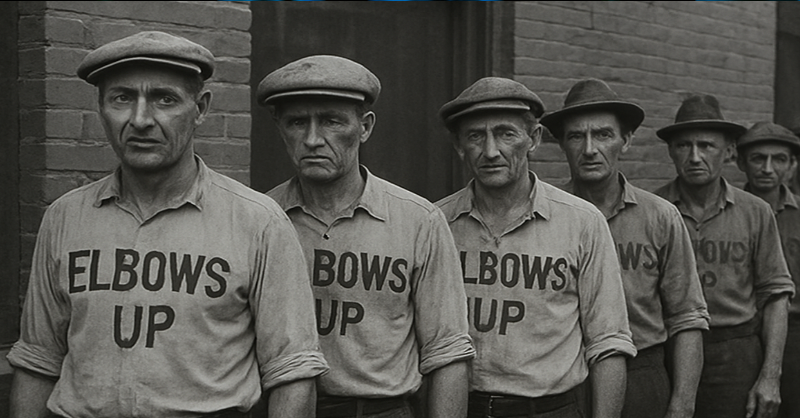
GRANT JOHNSON
Canada's Elbows-Up Economic Collapse
Watching Canadians react to the ongoing political and economic chaos in their country is astonishing.


GRANT JOHNSON
Watching Canadians react to the ongoing political and economic chaos in their country is astonishing.

STEVEN PARKER
A BC nurse and an Ontario homeowner had to learn the hard way.
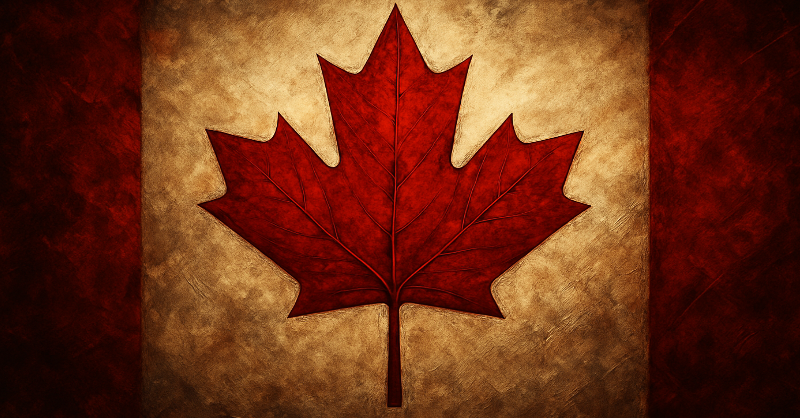
NATHAN DANIEL
Canada sits on some of the world's most powerful strategic tools, but it can't use any of them.
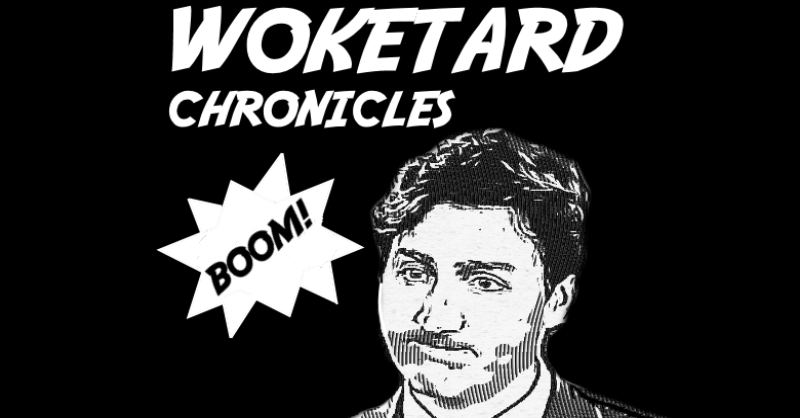
POSTCANADIAN
Can you handle the hypocrisy and hilarity of the woke left?
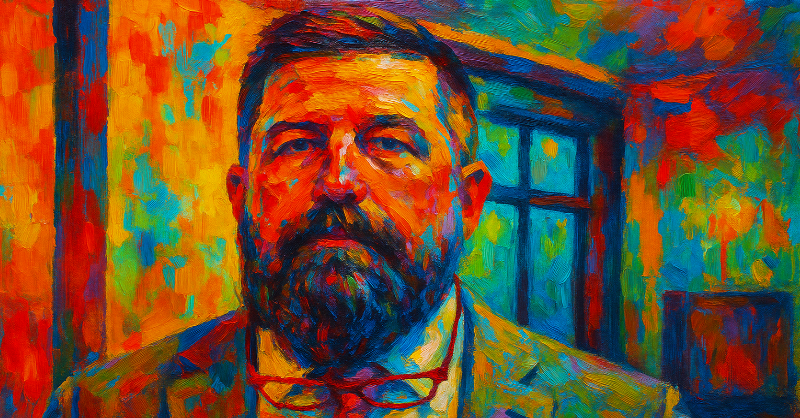
GRANT JOHNSON
You may not have heard of him, but many of his ideas have probably helped shape your latest views.
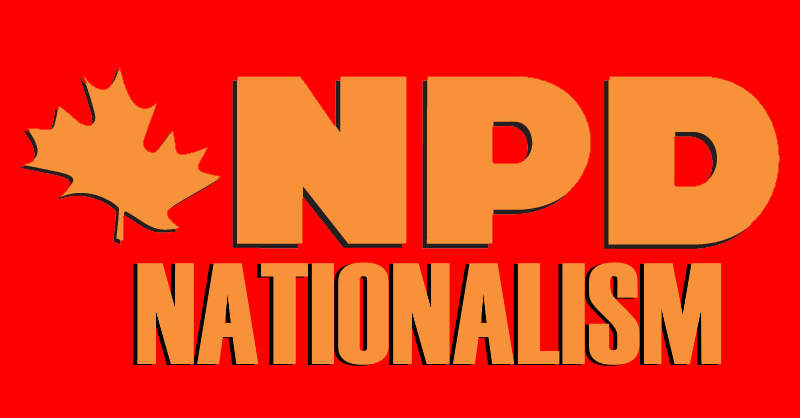
ALLAN RAY
Jagmeet Singh and the NDP lost touch with rising political trends and with working-class Canadians.

JOHN MILLER
Any based conservative should find this series entertaining and fun to read.

DEVON KASH
Their headlines would have you believe that an innocent Canadian died in Trump's custody.
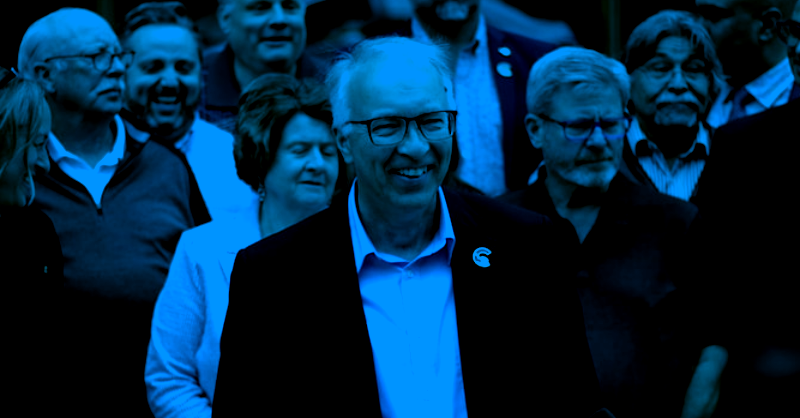
ALLAN RAY
The province is facing crises on several fronts, only a conservative mindset can undo the damage caused by the NDP.

RYAN TYLER
They would love nothing more than for the dissident voices to shut up and leave the country, but we won't.

MEGAN PRIESTMAN
Almost anyone and their dog can vote in the country's elections, which could have dramatic implications for the future.

STEVE PARKER
The way he has lied and fibbed his way to the top shows exactly how he feels about his own supporters.

MEGAN PRIESTMAN
The Netflix series drives home the reality facing white men in Britain and around the world, albeit, unintentionally.
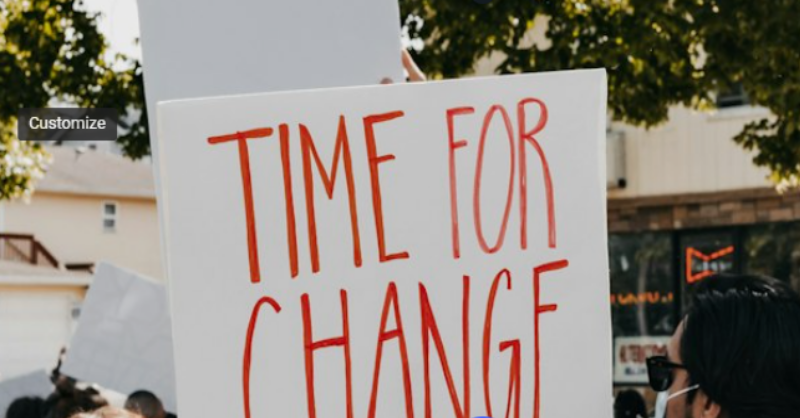
GRANT JOHNSON
Conservative strength is the result of something else, and Canadians are easily propagandized.

MICHELLE ASHLEY
Liberal voters and media don't have a right to tell you to be less angry and to come together with your elbows up.
This is the same government, but it has a new face and a new scheme.
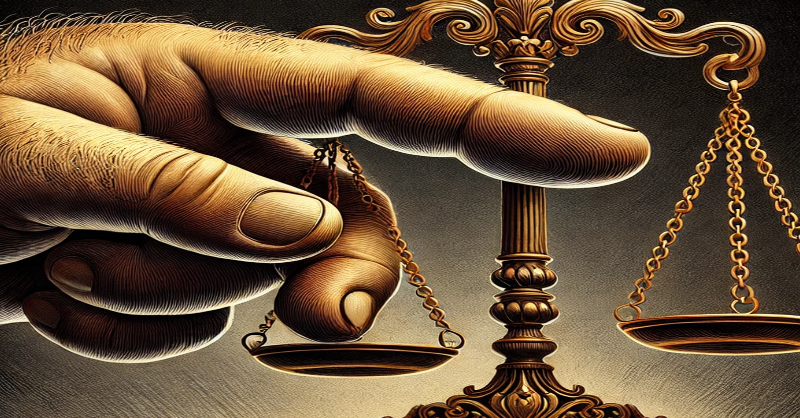
MEGAN PRIESTMAN
Soon, an offender's sentence could be decided by their racial identity, rather than the severity of their crimes.

STEVEN PARKER
Canadians have always been passive-aggressive, opinionated internet trolls living IRL.

STEVEN PARKER
Best friends and siblings can love each other, but what is the one thing that makes gay love "gay"?
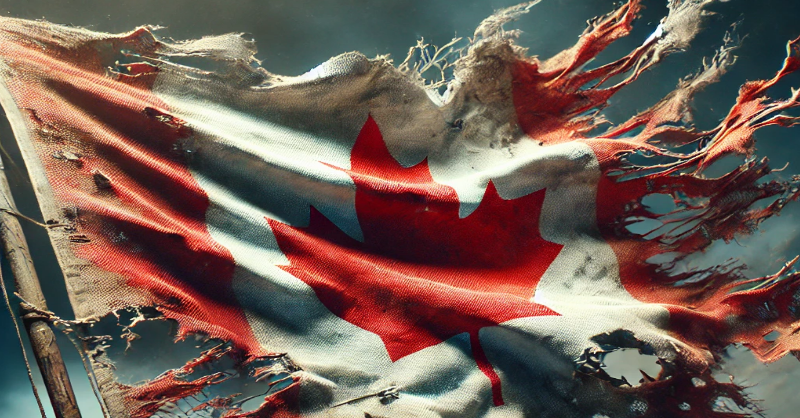
RYAN TYLER
Think about a small handful of corporations and billionaire families controlling everything.
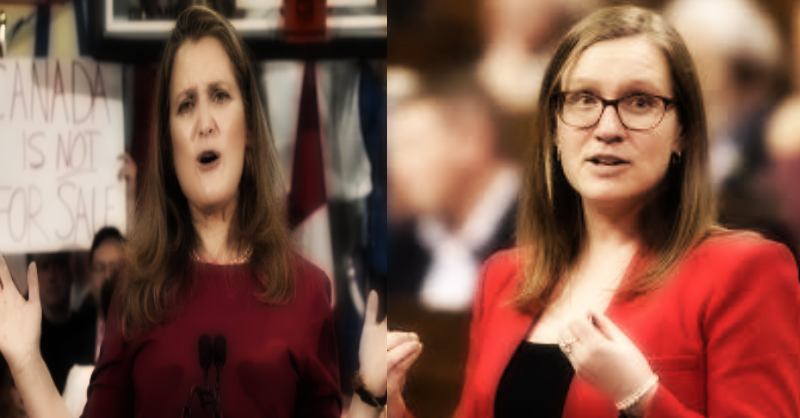
ALLAN RAY
Every single Liberal leader has been a white man. That doesn't look like it's going to change.

RYAN TYLER
The rapid influx of millions has caused devastation across several industries and to average Canadian households.

STEVEN PARKER
What do hippies and MAGA have in common? Oh, this is going to be so much fun.

THOMAS CARTER
Deportations and border enforcement are the correct ways to keep immigration lawful and fair.
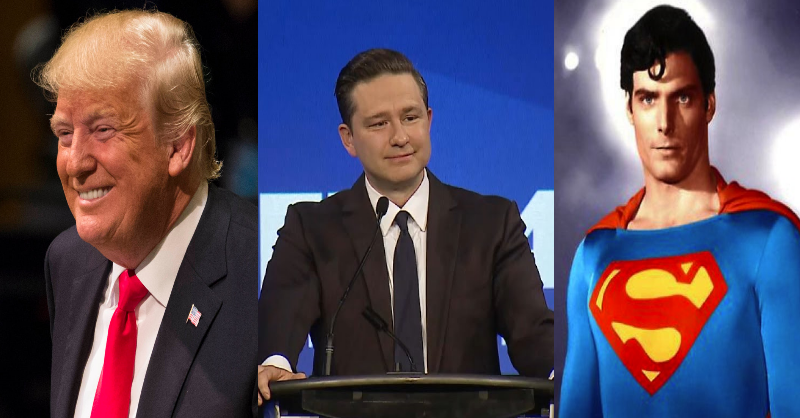
GRANT JOHNSON
The inauguration of Donald Trump will only be the beginning of the good things to come in the new year.
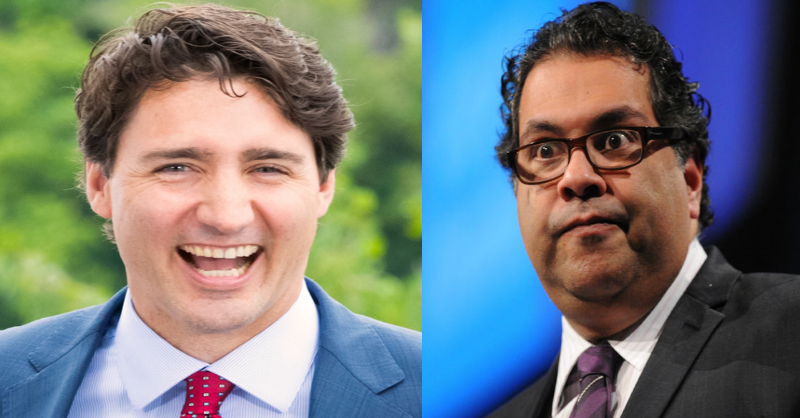
RYAN TYLER
Cloverdale-Langley City and Lethbridge West show troubling results for the federal Liberals and the Alberta NDP.

THOMAS CARTER
The days of Bill Clinton and Jimmy Carter are long gone. Today, it is just plain weird to be a Democrat.
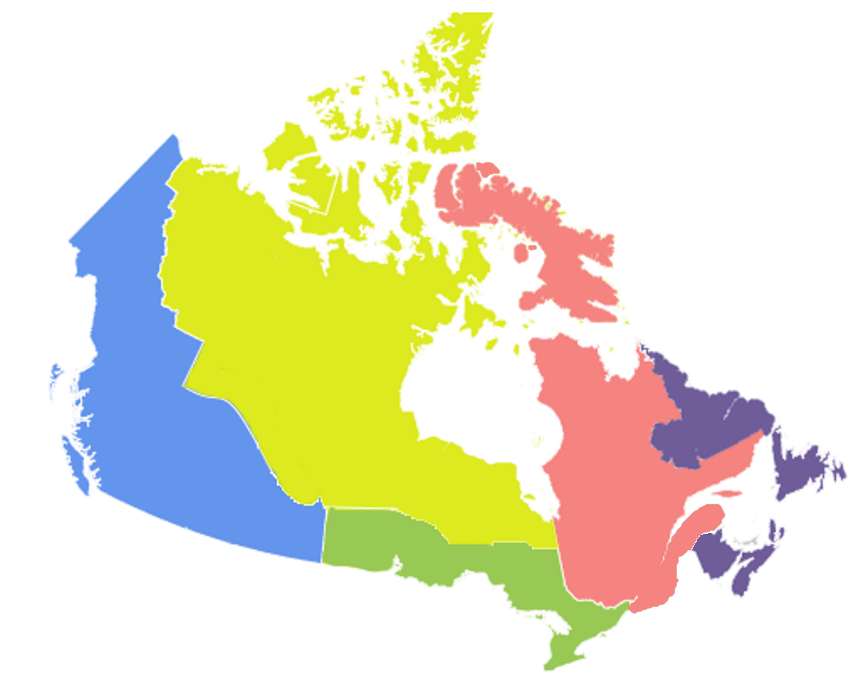
POSTCANADIAN
History is filled with stories about new beginnings. The end is often the start of something bigger and better.

ALLAN RAY
Many are turned away by the idea of an emotional dictator who lives in the sky, but what if we could explain things differently?

ALLAN RAY
Trump has promised to unseal the documents, but has warned that Americans may not want to know what is in them.
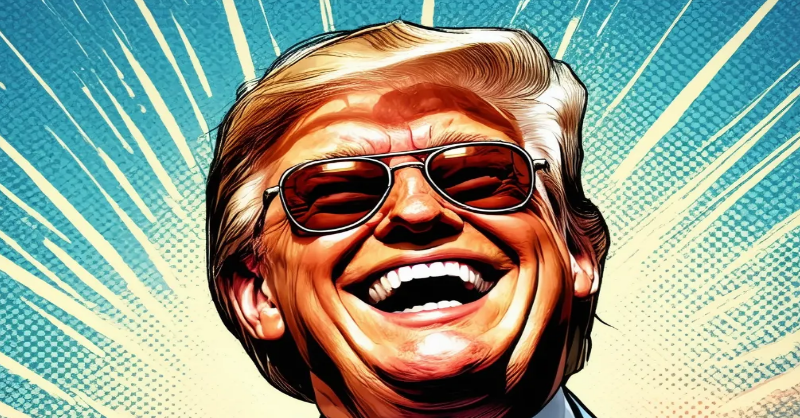
NICK EDWARD
Trump played the media and his targets like fools, knowing they would build a mountain out of his mole hill.
These glaring problems suggest something different.

ALLAN RAY
When you see it, you should be worried about your country's future.

NICK EDWARD
Choose your tribe, do not question the figurehead, obey, or be cast out.

RYAN TYLER
But what if we applied some feminist logic to these less convenient gender gaps?

GRANT JOHNSON
Liam and Noel have said and done some controversial things, but the band is reuniting for an album and world tour.

NICK EDWARD
If the unthinkable were to become reality, much of it might go exactly how we would have expected.

JOHN MILLER
The woke will go extinct as the survivors become ultra based. Is wokeness fixing civilization?
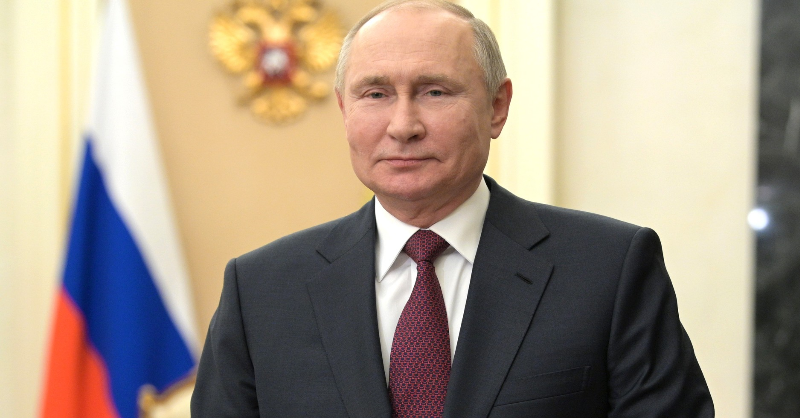
ALLAN RAY
Russia's KGB strongman is popular and has managed to make his country a self-sustaining global force.
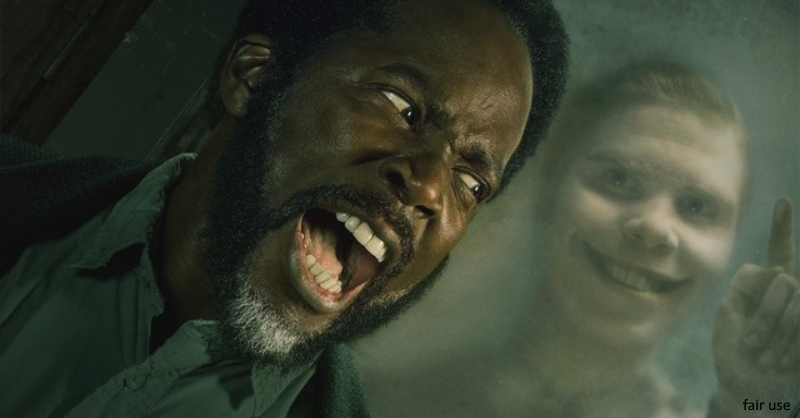
DEVON KASH
If you like unravelling supernatural mysteries and ingesting some traditional conservative themes, you're going to like this one.

RYAN TYLER
A second shooter on a water tower? An FBI director in the crowd? Some of these theories are off the wall.

DEVON KASH
Even Kamala Harris is rumoured to be ready to jump in bed with the crypto industry before September.

ALLAN RAY
Violence has no place in a system designed around elections, peaceful transitions of power, and bloodless coups.